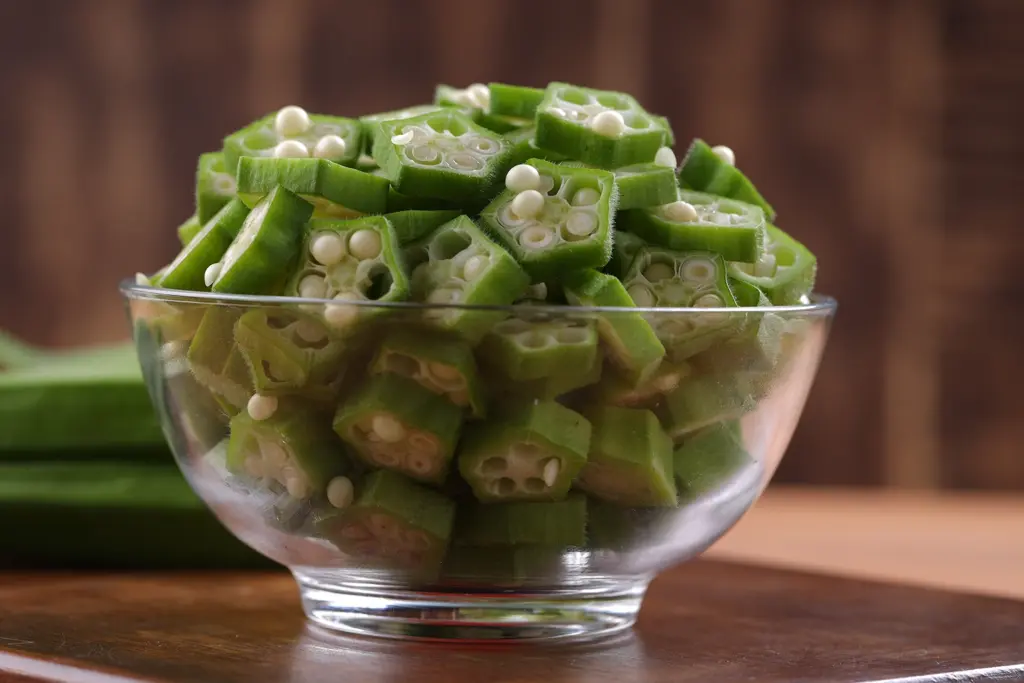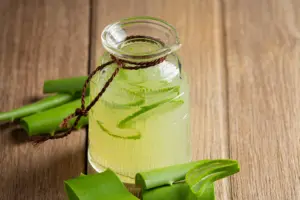
Benefits of Okra for Diabetes: Okra, popularly called ladies’ finger, is a staple in many Indian kitchens. Some enjoy its silky texture; others need a nudge. For people managing diabetes, though, this humble green veggie can be a real ally. It’s tasty, versatile, and packed with properties that may help support healthier blood sugar levels.
Health benefits of ladies’ finger:
Okra is rich in:
- Fibre: Slows sugar absorption in the blood.
- Vitamins (A, C, K, and B vitamins): Good for overall health.
- Minerals (magnesium, potassium, calcium): Support the heart and nerves.
- Antioxidants (polyphenols, flavonoids): Protect cells from damage.
Also Read | What to pack for office: Diabetes-safe, portable snack ideas
How does okra help in controlling blood sugar levels?
No sudden sugar spikes:
One of the toughest parts of diabetes management is avoiding sudden blood-sugar spikes. Okra helps because its soluble fibre forms a gel in the stomach, slowing carbohydrate digestion and delaying sugar absorption. That means your levels climb slowly and steadily, not in sudden spikes.
Improves insulin sensitivity:
In type 2 diabetes, cells become less responsive to insulin, making it harder for them to pull glucose from the bloodstream. Compounds and soluble fibre in okra may help improve how the body responds to insulin, supporting better glucose uptake.
Rich in antioxidants:
High blood sugar can cause oxidative stress in your body, damaging the cells and organs. Okra is loaded with antioxidants like flavonoids and vitamins A and C, which protect the pancreas and reduce inflammation.

Supports healthy weight:
Managing weight is essential if you have diabetes. Extra body weight makes it challenging for you to control your blood sugar levels. Okra is low in calories and high in fibre, which keeps you full longer and reduces cravings.
Helps digestive health:
Bloating, constipation, and irregular stools are common in diabetes. Okra’s high fibre supports smoother digestion, nourishes healthy gut bacteria, and helps prevent constipation. Better gut function often means steadier blood sugar.
Heart-friendly benefits:
Diabetes increases the risk of heart disease. Okra might help you protect your heart because it lowers LDL cholesterol levels and improves good cholesterol. It keeps the blood pressure balanced, and a healthier heart means fewer diabetes complications in the long run.
Also Read | Can you eat sweets if you have diabetes?
How to include okra in your meals?
- Morning: Okra water before breakfast.
- Lunch: Chapati with okra sabzi + dal + salad.
- Evening snack: Roasted okra sticks with tea.
- Dinner: Light sambar with okra + brown rice.
Behind its simple look, okra offers real benefits for diabetes management. Its fibre, antioxidants, and micronutrients help steady blood sugar, support insulin sensitivity, and aid weight management. It’s not a magic cure, of course, but when you pair it with a balanced diet and your prescribed treatment, it can help.








